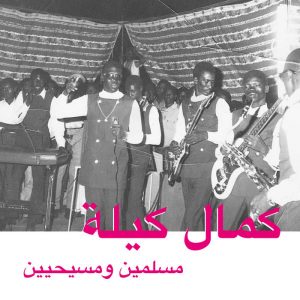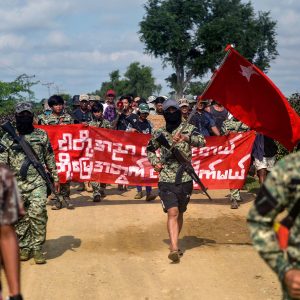The meandering Mekong River divides Thailand, Myanmar, and Laos at a geographical point colloquially known as the Golden Triangle. On the Southwestern banks lies Thailand, an economic powerhouse in the region. In the Northwest lies Myanmar, a nation struggling with significant conflict, pushing some farmers to opium production to make ends meet. In the Northeast lies Laos, a country economically and politically allied with China. This three-way border area has an infamous reputation as a center of the global opium trade.
Partially as a result of rising political conflict and instability in Myanmar, opium and synthetic drug production rates have increased beginning in the mid-2010s, even though significant efforts such as consistent drug checks and cross-border information sharing has helped tamp down on certain drug trafficking trade routes from Myanmar to Thailand. Indeed, in an interview with UN News, Jeremy Douglas, the Regional Representative of the United Nations Office on Drugs and Crime (UNODC) for Southeast Asia and the Pacific, claimed that international collaborations between Thailand, Laos, and Myanmar have helped to disrupt illicit trafficking routes. Nonetheless, this disruption has simply rerouted trafficking patterns through Laos in damaging ways. Lao authorities have identified new drug precursors being transported into the country for production of synthetic drugs. The financial growth of the unapologetically named Golden Triangle Special Economic Zone (GTSEZ) in Bokeo province of Laos demonstrates the development of this dynamic. What’s more, due to the profitability of the drug trade passing through this choke point, other illicit trades and criminal activity have exploded in the special economic zone.
According to the Laotian Investment Promotion Department’s website, the GTSEZ was founded in 2007 as a collaboration between the Laotian government and private investors from China. This private investment comes from the Kings Romans Group, a Hong Kong-registered company owned by Zhao Wei. The company has a 99-year lease on 3,000 hectares of land with the goal of developing the area through creating an international casino and entertainment complex. Although the exact value is unclear, the Kings Roman Group has invested hundreds of millions of dollars into the region in the name of development. Since 2007, the zone has certainly developed, but through criminal means and at a high moral cost.
Reports from independent journalists and NGOs have found scam centers staffed by human trafficking victims. Individuals from Thailand or further countries such as Nigeria or Brazil are trafficked in various ways and brought to the GTSEZ to engage in forced elaborate scam calls. An independent YouTube journalist by the username Sabbatical visited the area and spoke to local residents from both Laos and China. Local residents confirmed rumors of scamming as well as a complex ID system to control entry to the zone. In addition to human trafficking and scamming, the GTSEZ also hosts illegal wildlife trafficking markets. The Environmental Investigation Agency, an NGO, found that illegal tiger farms were expanding in the GTSEZ to produce various products, such as tiger bone wine and tiger skins. In fact, due to all of these criminal activities, the US Treasury Department sanctioned the Kings Romans Group and its international subsidiaries in January 2018.
The GTSEZ is clearly a hotbed for crime. The amount of money and resources injected into the region to support this criminal activity completely outshines the rest of the Lao economy. By some estimates, the Kings Romans Group’s investments in the GTSEZ account for more than ten percent of the Lao GDP.
This criminal-commercial activity has taken over not only the economy, but also the sociopolitical landscape. The Kings Romans Group and its casino has created conditions where Chinese interests are dominant in the GTSEZ. In the YouTube interview mentioned above by Sabbatical, a local Lao resident remarked that “the past three years, it [the GTSEZ] hasn’t been Laos.” She explains that most business managers in the GTSEZ are Chinese, as well as the products, signposting, and currency. The interview alludes that some resentments seem to be cooking. Locals do not appreciate the devaluation of Lao sovereignty. Although new roads and better infrastructure as a result of economic development might be appreciated, the downsides are simply too numerous to outweigh any potential benefits.
China’s incursion into Lao sovereignty demonstrates a wider phenomenon in which China is expanding its sphere of influence. Whether it is through formal foreign policy or through more informal trade relations, Chinese interests play a key role in the region. Although there are some limited instances where Chinese government officials helped rescue Chinese trafficking victims, often foreign policy is complicit with the illicit actions of the Kings Romans Group. Chinese state media portray Zhao Wei and his organization as a beacon of development in the region. This shows that the state government supports the expansion in the region despite the criminality alleged to be involved. Similar levels of state support for criminal actors in Myanmar further evidence that the government puts economic development ahead of cracking down on foreign criminal networks.
Featured Image Source: Laotian Times






Comments are closed.